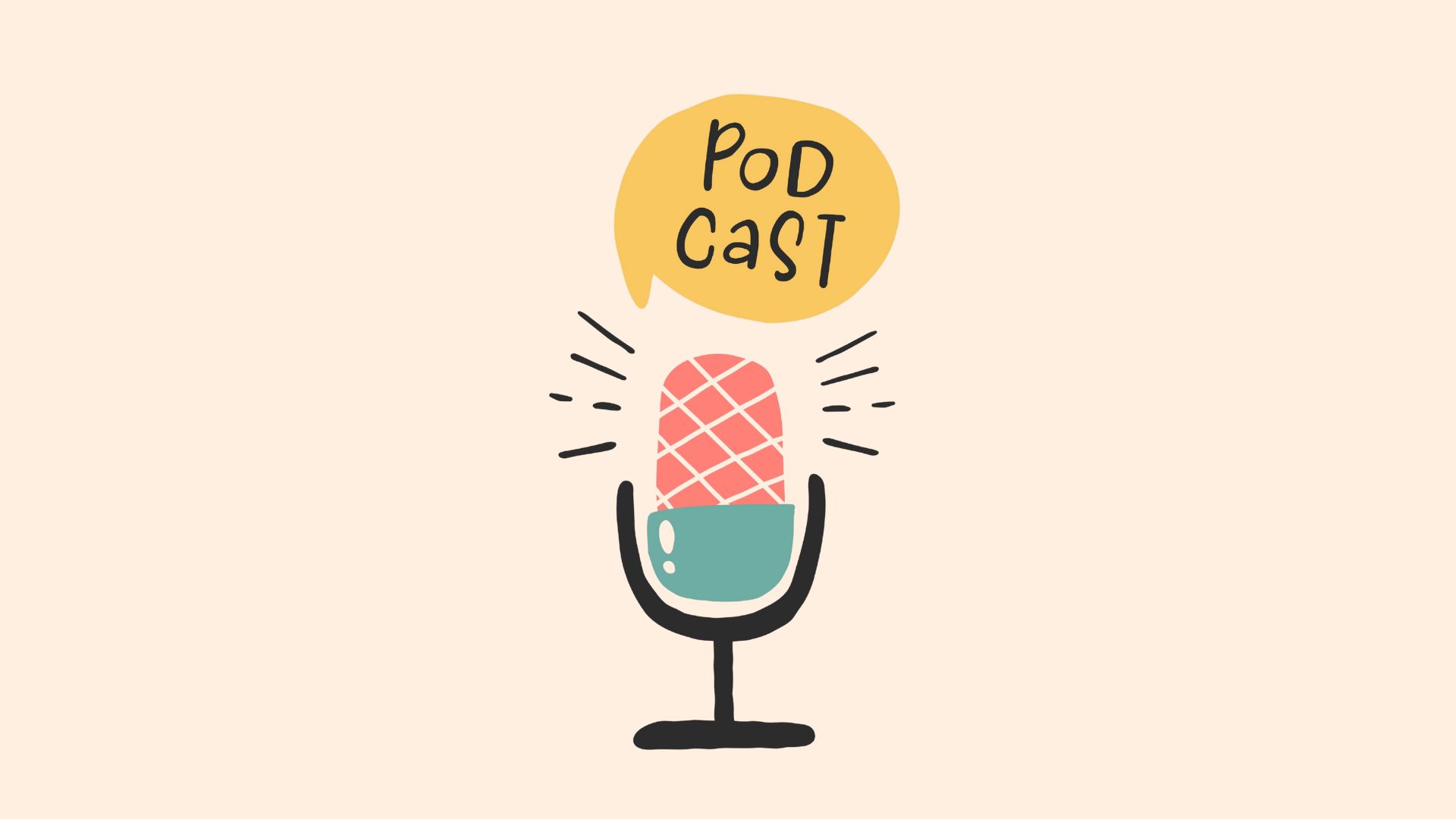So, what’s your podcast going to be about?
Coming up with an idea for your podcast can be really difficult especially if you’ve got a lot of competing interests.
So, I’m going to take you through a few exercises to help you refine the podcast idea you’ve got.
Or come up with one if you’re still not sure what you want to do.
[button text=”Apple” url=”https://itunes.apple.com/au/podcast/podschool-learn-how-to-create-professional-podcast/id1239671724?mt=2″ class=””] [button text=”Google” url=”https://www.google.com/podcasts?feed=aHR0cHM6Ly9yc3Mud2hvb3Noa2FhLmNvbS9yc3MvcG9kY2FzdC9pZC8xMzAz” class=””] [button text=”Spotify” url=”https://open.spotify.com/show/1Q2L51iY2sIL8BEkAKyxZj” class=””]
Identify your passions
The first thing I want you to do is get out a piece of paper and divide it into two columns.
Label the left column “Passions” and underneath it write a list of all the things you love.
e.g…
- What do you enjoy doing in your spare time?
- What could you talk about for hours?
- What topics are you always seeking information on?
- What do you read books on or listen to podcasts about?
- What do you love learning about?
- What are your hobbies?
- If you had all the money in the world, what would you do with your time?
Think about all the things that drive you or that you have a passionate interest in and write them down.
Even if they seem ridiculous or like they’re something you’d never do a podcast on, write them on the list.
Identify your expertise
In the second column, you’re going to write “Expertise” at the top.
In this section, write down all the things you’re good at.
This isn’t just expertise in the career sense. It’s a list of all the things you do well.
e.g…
- I’m good at public speaking
- I’m good at teaching people
- I’m an expert in (insert your speciality)
- I’m good at entertaining people
- I’m great with kids
- I know a lot about (insert topic here)
- I’m a good interviewer
If you’re struggling to come up with things for this list think about what people bug you about or what they compliment you on.
Are they always asking you about the best beauty products because you know a lot about skincare? Are you gluten-intolerant and people are always asking you for advice on where they can get decent gluten-free food? Are you great at fixing things and people are always asking for your help? Do people come to you for advice on certain things?
It’s easy to underestimate how much you know when something comes easily to you. But, if people are asking you questions it’s usually a good indication you’ve got knowledge worth sharing.
It can also be difficult to identify your expertise when it’s in something you’re not paid for so try to think broadly.
Find where your passion and expertise intersect
Draw a line between the items in each column that work well together.
For example, my podcast, You’ve Gotta Start Somewhere was the perfect match of my experience in the media industry and my passion for interviewing people.
Similarly, with PodSchool, I had a real passion for teaching and I had expertise in podcasting and radio so that was an easy match between those two things.
Finding this combination will be the sweet spot for your podcast idea because you’ll have the knowledge to deliver the content and the passion to keep doing it over a long period of time.
Pick your top three podcast ideas and come up with content
Once you’ve got your top three ideas, write each on a separate piece of paper.
For example, for You’ve Gotta Start Somewhere I’d write: “interview well-known media personalities about how they got into show business.”
Or for PodSchool, I’d write: “teach people about podcasting.”
For each podcast write out as many topic ideas as you can.
If you get to 10 or 20 you’re probably onto something. If you’re struggling to come up with two it’s probably a good indication the idea doesn’t have legs.
This exercise can often show you where the content opportunities lie and which ideas don’t have as much life in them as you thought they did.
Write a pros and cons list
If, after the above exercise, there’s one idea that stands out, great! Put that in your pocket!
If you’ve got a couple of ideas competing for the win, write a pros and cons list for each.
Think about what it would take to get the idea up and running. Think about whether you could do it by yourself or if you would need a co-host and whether that’s actually feasible. Think about whether there are competitors in the market that might be hard to compete with.
If there are shows that already exist that’s definitely not a deal-breaker. In fact, it’s proof of concept.
But if you’re starting out and have no following it might be worth trying to come up with a niche within that area to try and set yourself apart.
Come up with your elevator pitch
That’s just a wanky way of saying: come up with a single sentence to describe your show.
For You’ve Gotta Start Somewhere it would be “an interview show where I talk to well-known media personalities about how they got into show business.”
It’s really important your podcast idea can be easily communicated to a new listener because if someone is struggling to understand your concept they’re probably not going to listen.
If you’re having difficulty distilling it down to a single line then maybe you haven’t found the right idea yet.
Sit on your podcast idea so you know it’s the right one
Some of the ideas I’ve executed, I’ve sat on for months or years.
That’s not because I can’t get my shit together. It’s because ideas often need to sit with you for a while so you know they’re worth committing to.
During this time you should share your elevator pitch with people you trust and gauge their reaction. If you’re getting a good response it’s usually a solid sign you’re onto something.
You should also take note of how you feel when you talk about it. Are you excited to tell people? Or are you unsure and nervous? If it’s the latter it’s probably a good indication it’s not right.
Let your podcast idea marinate. Work out whether you’re really passionate about it and if you still love it in a couple of months you’ll know it’s something you’ll be happy committing to for the long term.
Got a burning podcasting question you’d like answered? Send me an email.
Want to start your own podcast but need a little help? Download my “How To Start A Podcast” guide or sign up for my online podcasting course, PodSchool.














